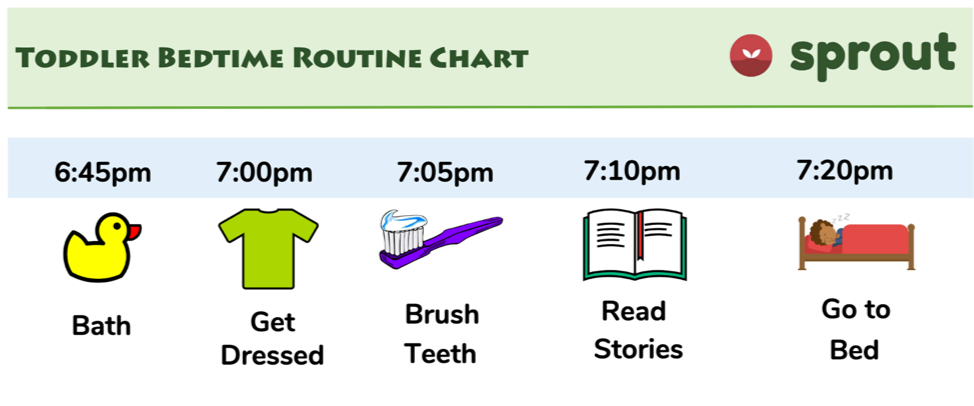Summer is over; fall has arrived, and new schedules and routines are beginning – back to school, back to work – and, in some cases, unfamiliar territory! Transitions can be hard for individuals, especially children, to adapt to, and to ease effects of these changes, some form of predictable structure at home is helpful.2
As adults, we depend on daily routines and rituals to function throughout the day. For children, routines and rituals are essential to their development, health, and overall wellness.1 According to research, family routines and rituals foster connections and aid in the development of academic skills, social skills, and vocabulary enrichment.2
Family routines and rituals refer to specific, repeated actions that involve two or more family members. Routines are regularly repeated actions, like family meals, and rituals involve a symbolic meaning, contain a specific sense of purpose, and establish membership of the group, such as yearly celebrations. Both routines and rituals hold important roles in maintaining structure and cohesion within the lives of the family members.2 Family routines and rituals provide a sense of rhythm to all family members but especially developing children.
There are several reasons to develop family routines and rituals. Below, two important reasons are listed.
- Aid in skill development: Routines, such as reading a book or singing a song before bedtime, help children develop literacy skills and give parents and caregivers valuable time to engage with their child.
- Create strong emotional bonds: Developing a family routine, like family dinners, provides a platform for family members to talk about the negative and positive aspects of their day. This gives the child an opportunity to feel comfortable talking about him or herself or sharing what occurred during his or her day.
Children look forward to routines and rituals, and routines can help parts of the day, such as bedtime, run more smoothly. Let us help you develop routines and rituals! Below, please find some examples of family routines and rituals.
- Assist your child in morning and bedtime routines, and provide a visual (example below)
- Meet your child at the bus stop, and get the mail together
- Plan a family game night once a week
- Arrange a parent/Caregiver date night with your child once a month

Always remember, family routines and rituals can be wonderful, but they should remain flexible as plans sometimes change. By having a flexible approach, you are working towards promoting a healthy family atmosphere.1
If you want any additional information on the importance of routines and rituals, check out the Thrive Initiative online parenting programs!
Additional Resources
References
- Denham, S. A. (2003). Relationships between family rituals, family routines, and health. Journal of Family Nursing, 9(3), 305-330. doi: 10.1177/1074840703255447
- Spanola, M., & Fiese, B. H. (2007). Family routines and rituals: A context for development in the lives of young children. Infants & Young Children, 20(4), 284-299. doi: 10.1097/01.IYC.0000290352.32170.5a
